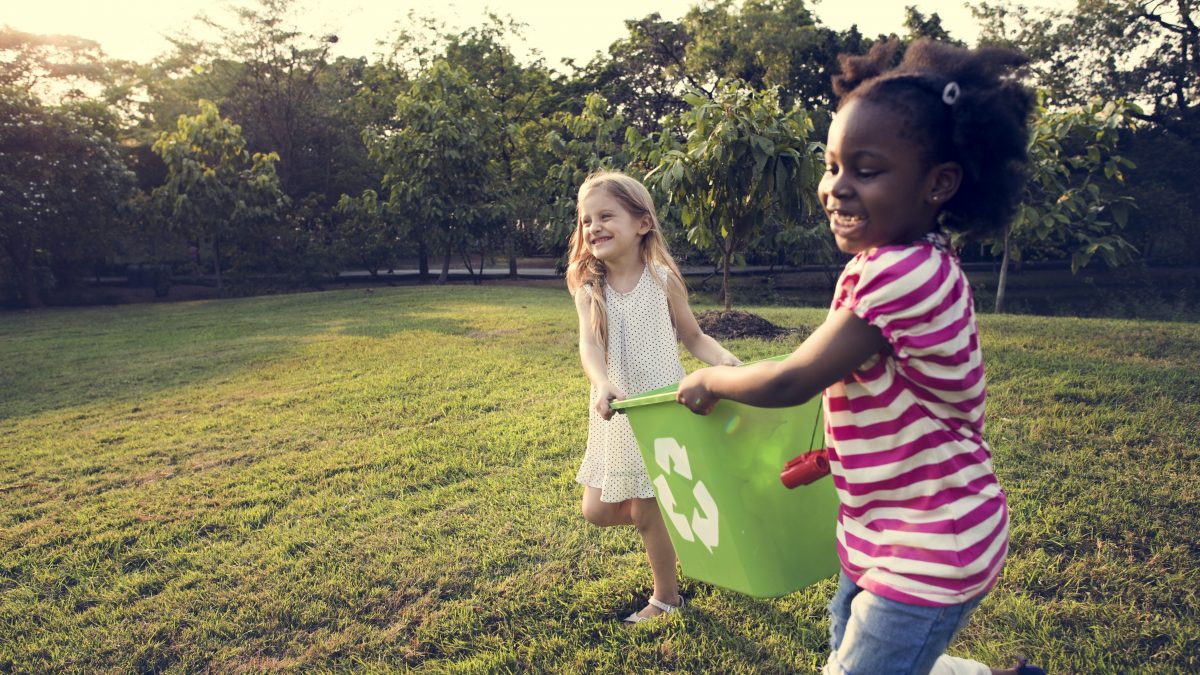.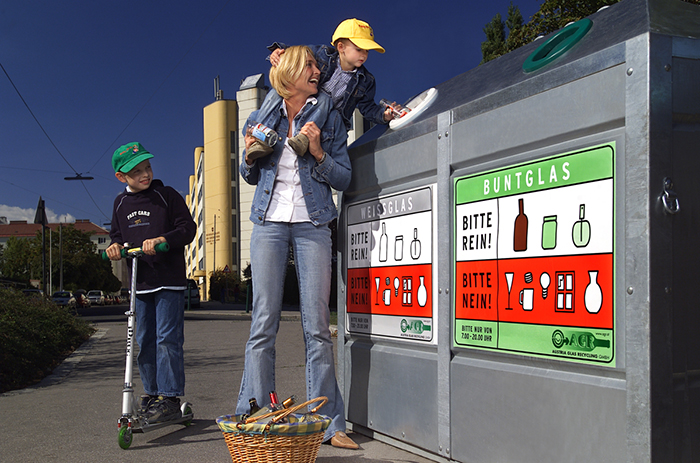
The most used recycling definition is: “Recycling is the act of processing used materials into new products for further use.” Although it is easy to define recycling, it is not that easy to implement it in the everyday life of a community. However, this is vital for our environment and fortunately there are success stories. The process requires efforts from each and every one of us, but also suitable infrastructure and involvement from the local authorities and governments.

We are excited to spread the good news and share with you the success stories. Below you can see a list of the top recycling countries in the world, how do they succeed and what best practices we can learn from them.
Austria

Austria is a leader in recycling. With 63% of all waste being diverted from landfills, the country sits at the top of this rate lists in the world. Recycling programs have stable results at a very high level for the past decade which shows that Austria has traditions in waste management. According to the country’s constitution the waste management responsibilities are divided between the provincial and federal governments.
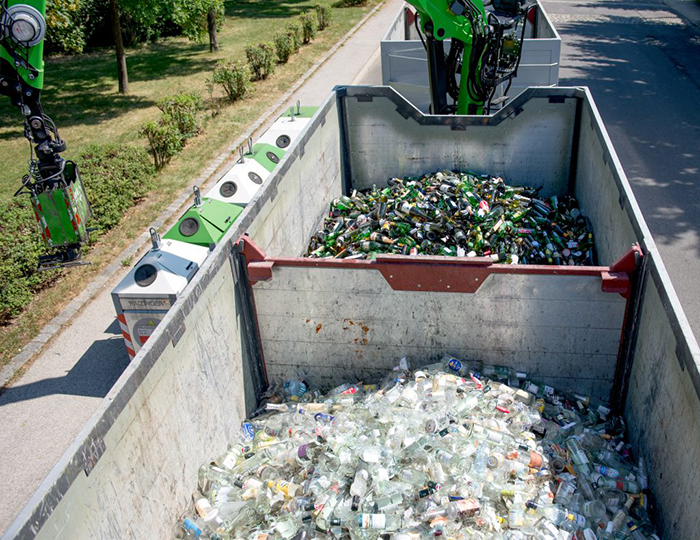
In addition to that there is special waste legislation (the Act on waste management from 2002) which put the bar of the recycling and waste management practices very high.
Germany
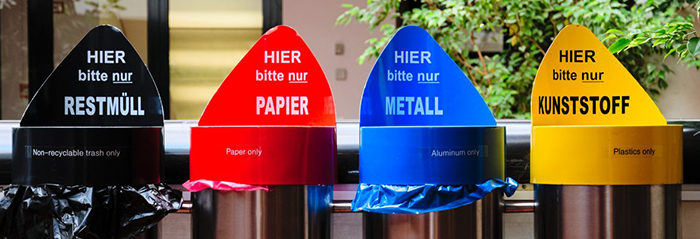
Germany is a close second behind Austria. Almost 62% of the waste goes through a close-loop process and away from landfills. Recycling spots and redemption centers help deal with the municipal waste.
Taiwan
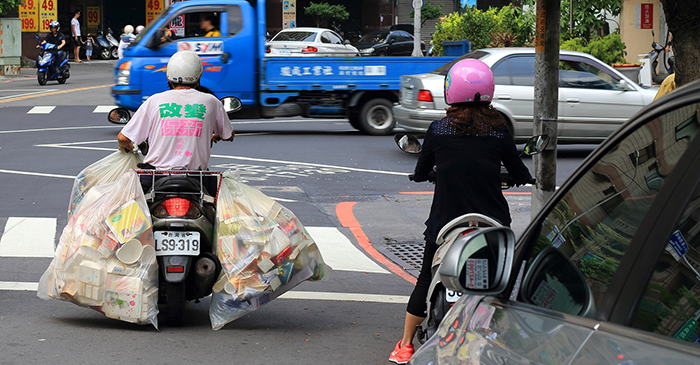
Right behind Germany is Taiwan with 60% success rate of recycling.
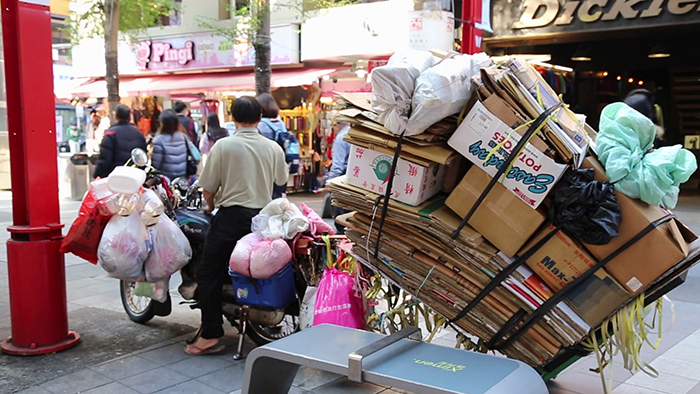
For the last couple of years the government has been working consistently on various programs. And the efforts are paying off.
Brazil
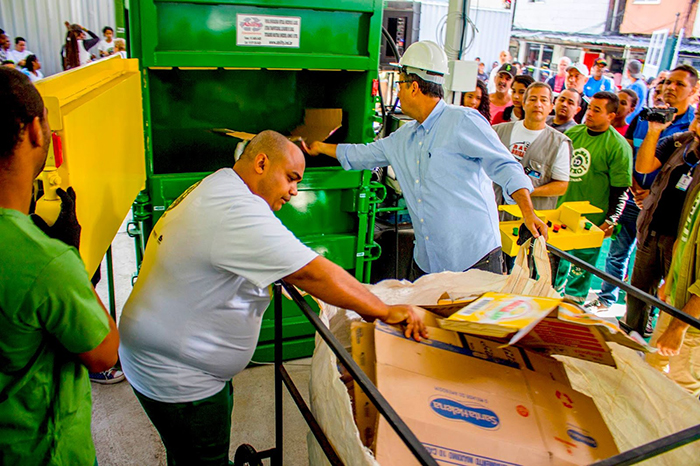
Recently Brazil broke the global records for aluminum recycling. Back in 2014 the country recycled more than 98% of consumable packaging which is about 289.500 tons of beverage cans. Since 2001 Brazil is the leading recycler of consumer packaging.
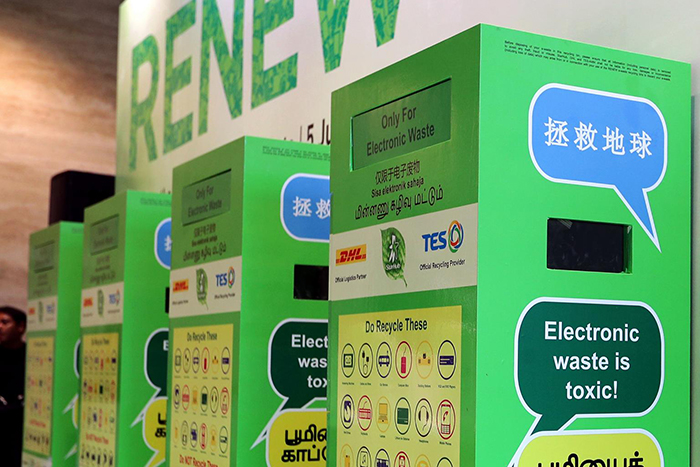
The effort was linked to the economic state of the country which was in recession with high costs of energy. The aluminum process requires less energy than the production of new aluminum. So it turns out to be a cost-effective model which becomes an incentive for the community.
Singapore
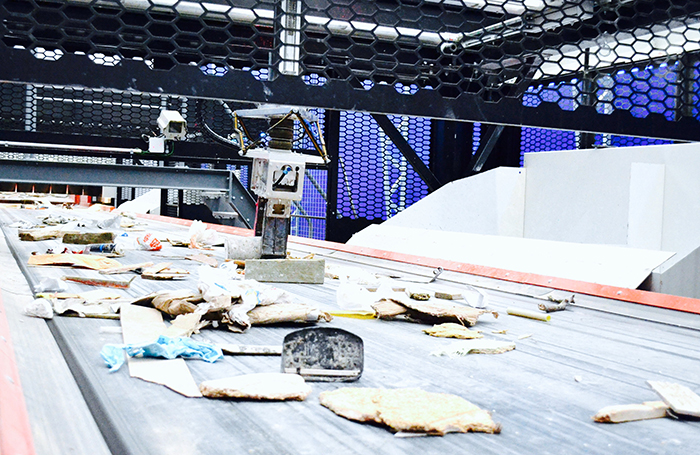
The tiny Asian country sends 59% of its trash for recycle and reusing. There has been consistent effort in optimizing the recycling process, which contributed to the successful results.
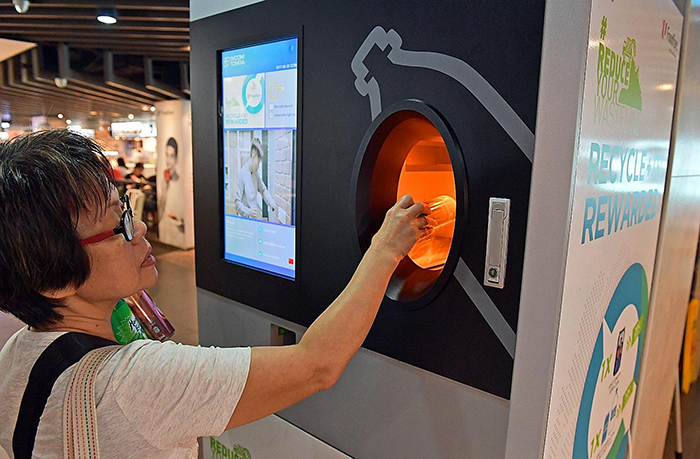
These countries have become champions in recycling. South Korea, the United Kingdom, Italy and France are also high on the list recycling between 35 and 49% of their waste. There are various reasons why these countries make it to the top ten recyclers in the world. It is a combination of a unique approach to the process. Sharing waste management responsibilities, establishing new rules and legislation and more. The examples above clearly show that in order to achieve high results and to implement a successful nationwide program one or all of these is necessary: incentive, organization, education and habit-building.

